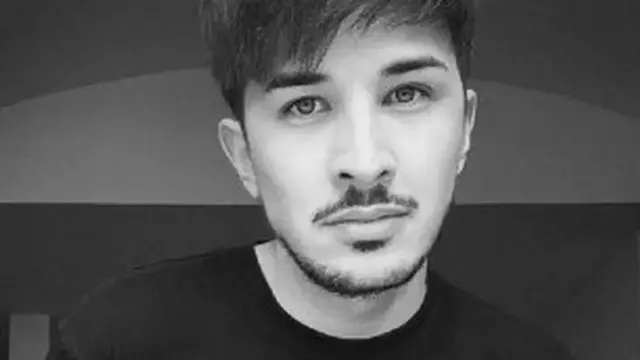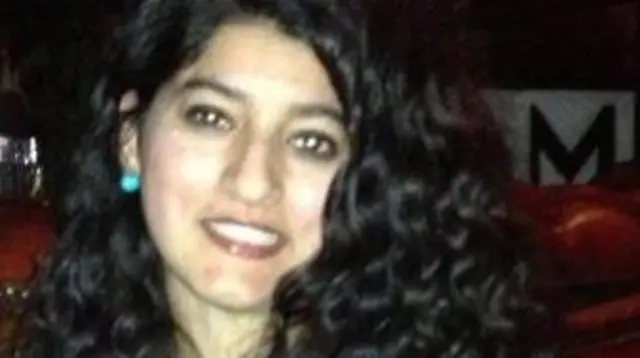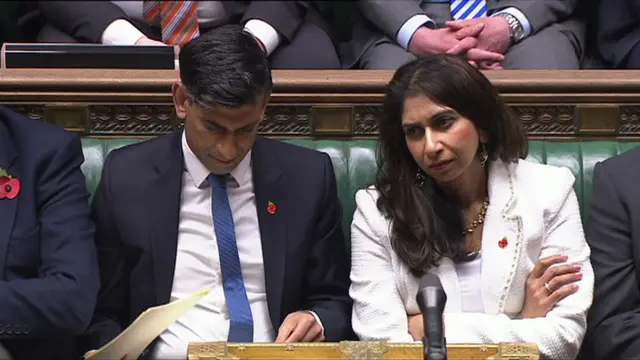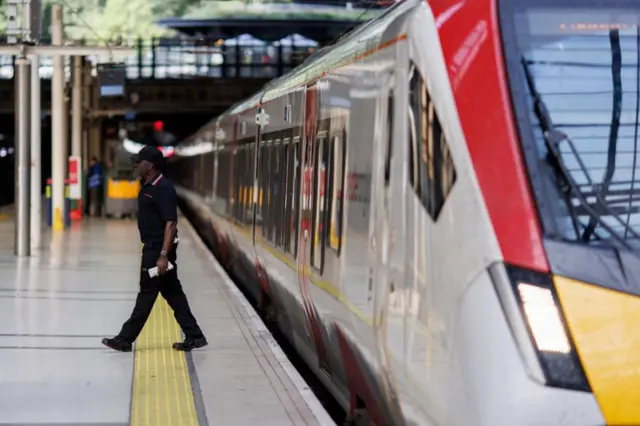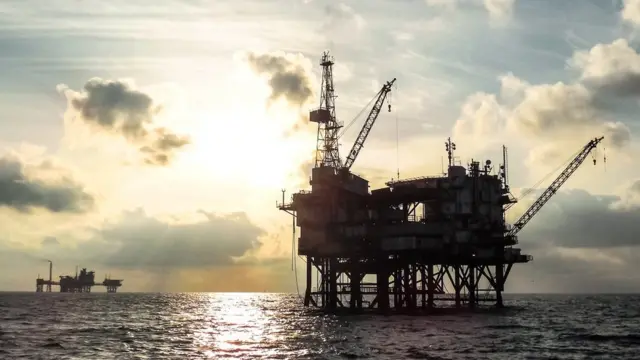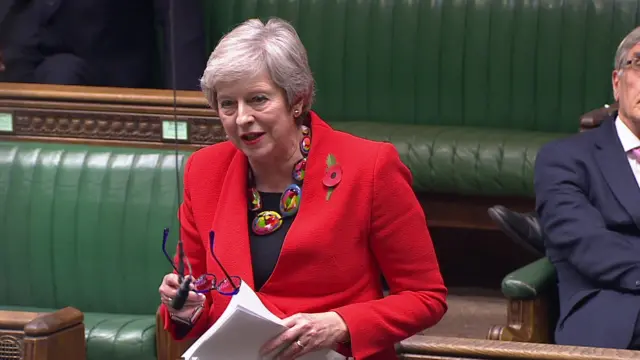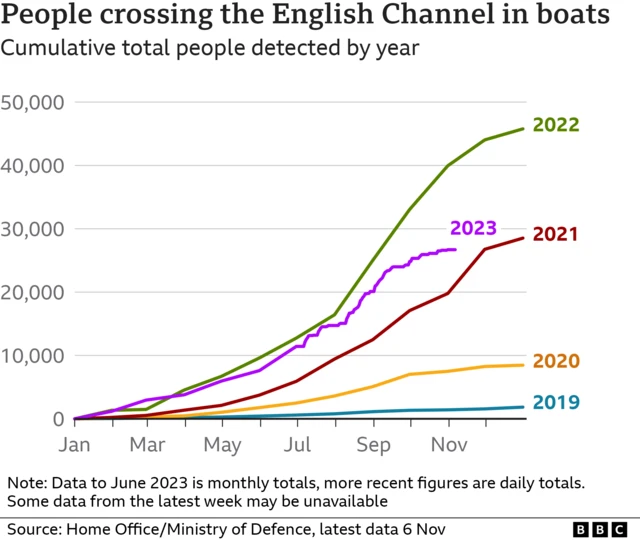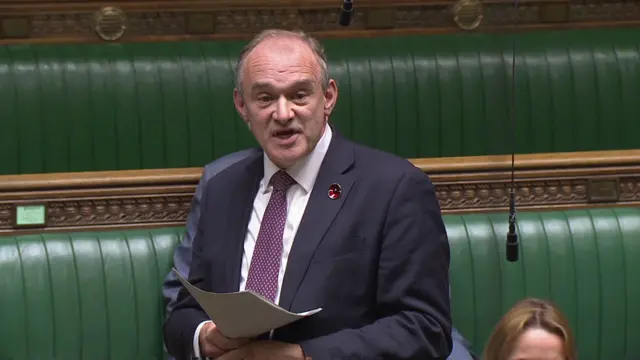The last King's Speech before election - but will it change the political weather?published at 17:59 GMT 7 November 2023
 Chris Mason
Chris Mason
Political editor
Today felt like a ceremonial comma. A punctuation mark in an autumn of familiar political sentences.
The government setting out the hoped for legal architecture to make their recent promises a reality.
Those hoping for a frisson from the unexpected will have left deflated. But Downing Street never suggested this would be a flurry of the fresh, a wagon load of new ideas.
Instead, this felt very Sunakian: iterative, rather than explosive, but with an emphasis on ideas he is personally passionate about: reforming post-16 education in England; banning young people from smoking.
There are clear dividing lines with Labour - not least the annual round of oil and gas licencing under the North Sea.
And the focus on crime with a particular eye on Conservative voters recent and long standing, a big chunk of whom polls suggest are disillusioned.
The big question, for Conservative MPs and the country alike, is whether all of this adds up to something that could change the political weather.
Many Tory MPs will fret that it does not.
The increasingly widespread expectation here is that the Conservatives will lose the next election. And there are a shrivelling number of set piece moments for them to try to prevent that.
Thanks for reading our live coverage. You can read our full story on today here.




